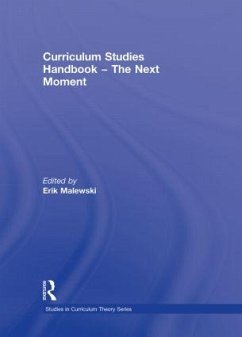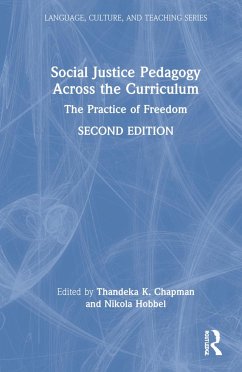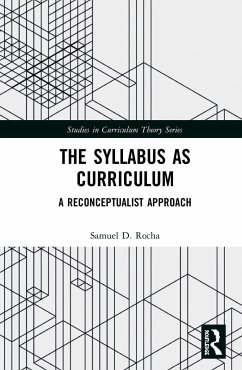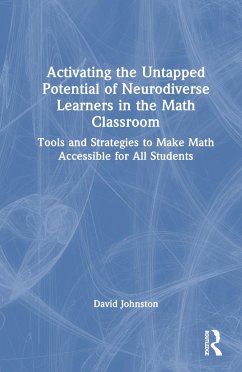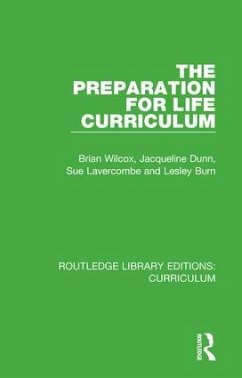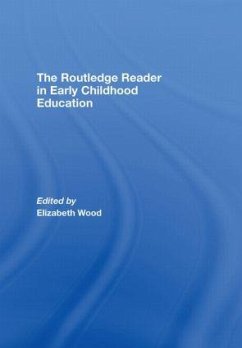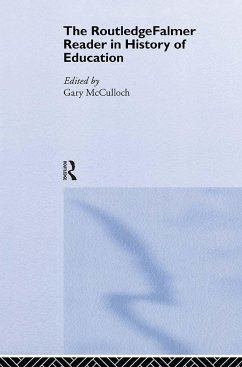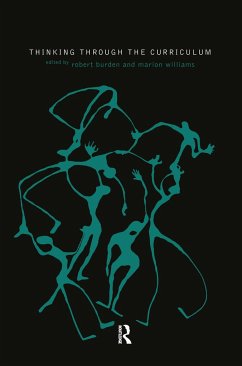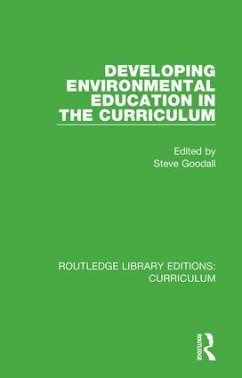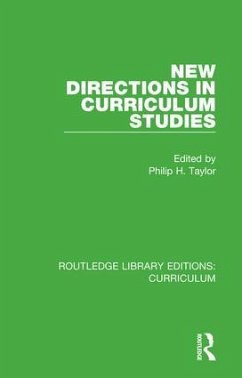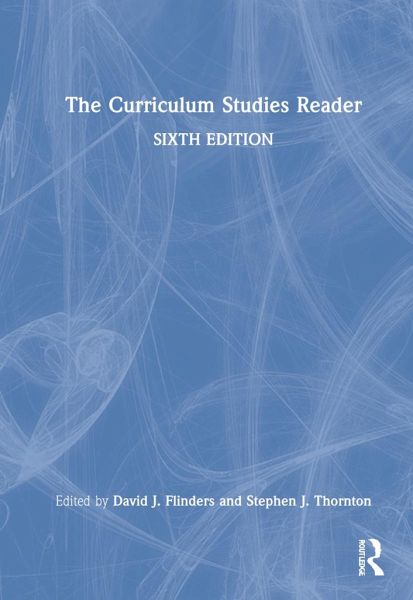
The Curriculum Studies Reader
Versandkostenfrei!
Versandfertig in 1-2 Wochen
166,99 €
inkl. MwSt.

PAYBACK Punkte
83 °P sammeln!
In this sixth edition of David J. Flinders and Stephen J. Thornton's ground-breaking anthology, the editors assemble the best in past and present curriculum studies scholarship. From John Dewey's nineteenth-century creed to Nel Noddings' provocative call to revive the spirit of the liberal arts, this thoughtful combination of well-recognized and pivotal work provides a complete survey of the discipline, coupled with concrete examples of innovative curriculum and an examination of current topics. New to this edition is a dynamic set of contemporary and historical contributions tackling issues s...
In this sixth edition of David J. Flinders and Stephen J. Thornton's ground-breaking anthology, the editors assemble the best in past and present curriculum studies scholarship. From John Dewey's nineteenth-century creed to Nel Noddings' provocative call to revive the spirit of the liberal arts, this thoughtful combination of well-recognized and pivotal work provides a complete survey of the discipline, coupled with concrete examples of innovative curriculum and an examination of current topics. New to this edition is a dynamic set of contemporary and historical contributions tackling issues such as high-stakes testing, multicultural literacy, white supremacy in the curriculum, and climate change. Carefully balanced to engage with the history of curriculum studies while simultaneously looking ahead to its future,¿The Curriculum Studies Reader¿continues to be the most authoritative collection in the field.



